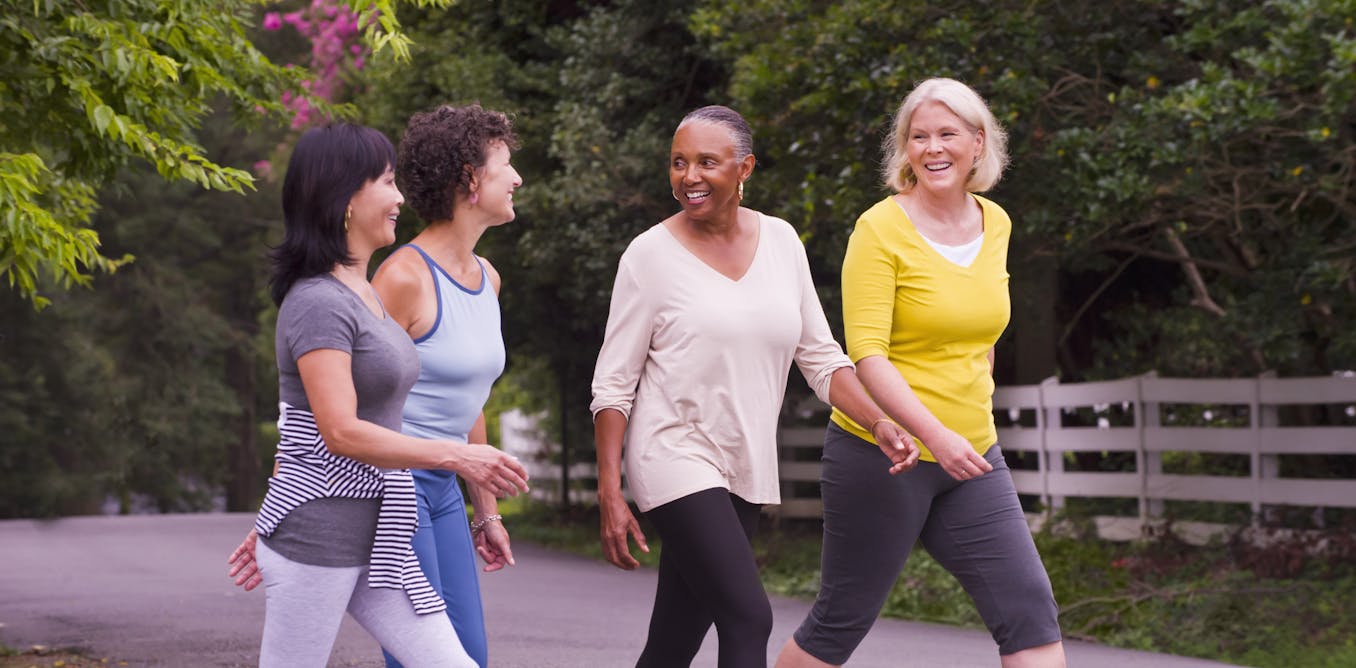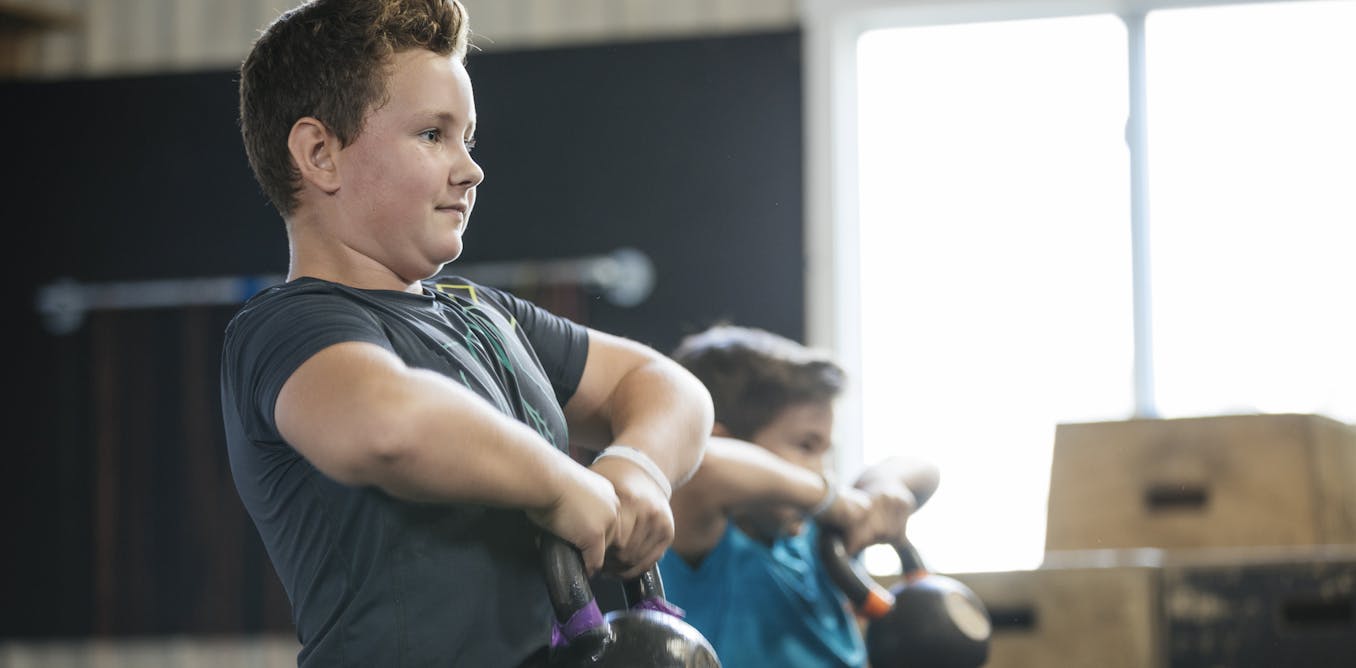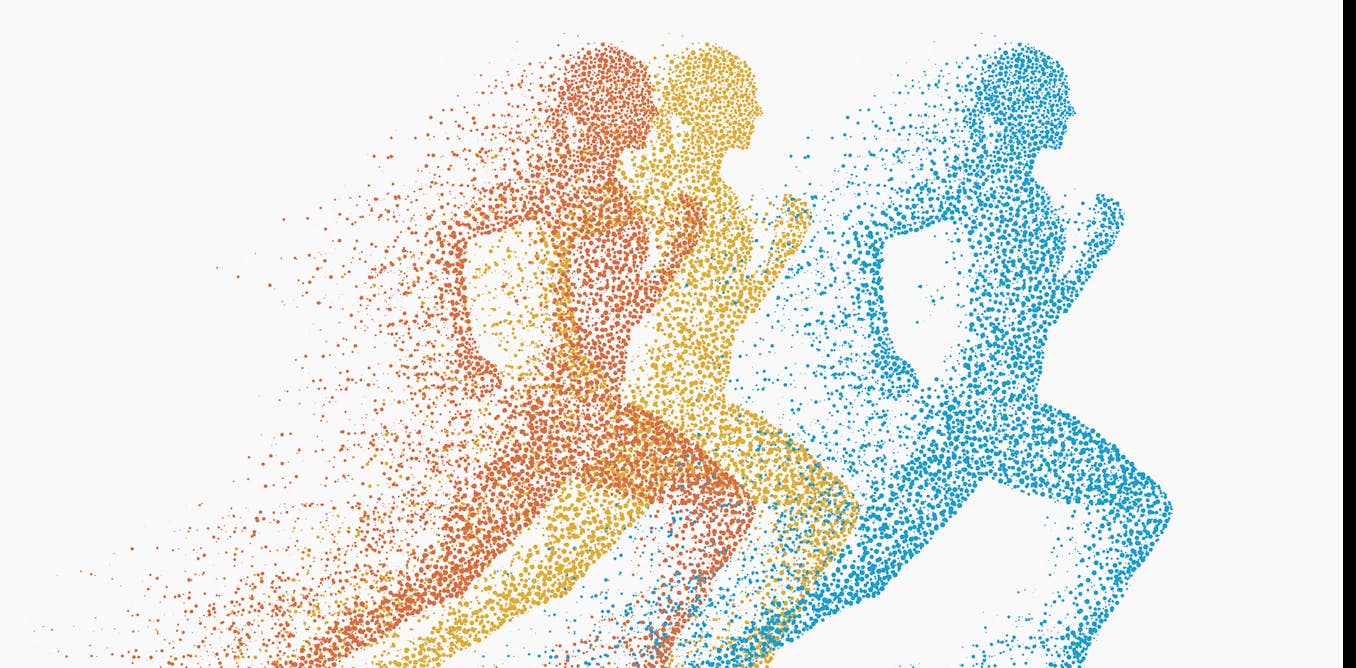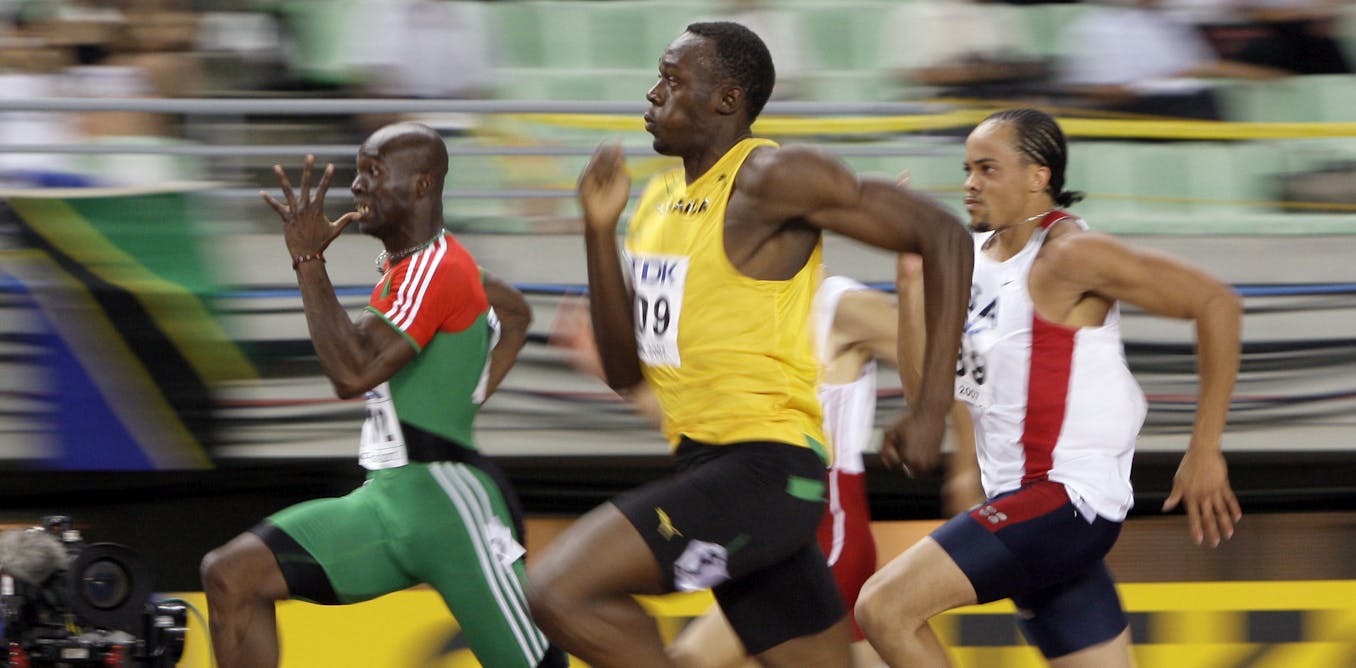Wildfire smoke can make your outdoor workout hazardous to your health – an exercise scientist explains how to gauge the risk
Factors like your health status and how hard you exercise can help gauge the risk of wildfire smoke exposure.
yesterday • ~9 min









